Two standards of justice in Victoria
In Victoria there appears to be a law for Victoria Police and another for people like the late George Pell.
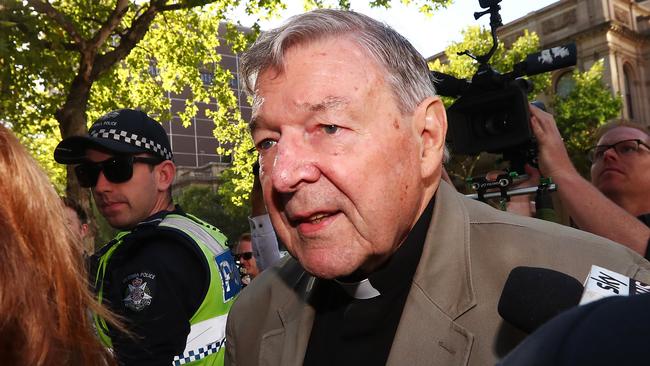
American lawyer Alan Dershowitz is a Democrat who voted against Donald J. Trump in the presidential elections of 2016 and 2020. However, he is concerned that there appears to be one law for high-profile Democrats and another for Republicans.
Meanwhile in Victoria, concern is emerging about a double standard within the Office of Public Prosecutions, which is presided over by Director of Public Prosecutions Kerri Judd KC. Writing in the Herald Sun on June 26, state politics editor Shannon Deery quoted someone whom he described as a seasoned Melbourne legal expert as saying: “The complete lack of judgment and objectivity down at the OPP gets plainer every week.”
The reference was to the refusal of Judd to lay charges against individuals involved in the Lawyer X case. This involved Victoria Police engaging a defence lawyer, Nicola Gobbo, as an informant to provide information about her clients that could lead to convictions in what was called the gangland wars of recent memory.
The engagement of Gobbo to inform on some of her clients to Victoria Police ran counter to the legal principle that everyone is entitled to a fair trial in which it is up to the prosecution to establish its case in a criminal trial beyond reasonable doubt. The actions of Victoria Police in this instance were effectively condemned by the High Court in a unanimous judgment on November 5, 2018.
Writing in these pages on June 22, Victoria editor Damon Johnston reported how Victoria Police spent millions of dollars of taxpayers’ money to prevent Victorians from finding out about the scandal until the High Court’s decision to end the embargo. Johnston was editor of the Herald Sun newspaper at the time. The full story is told in Lawyer X (HarperCollins) by Andrew Dowsley and Patrick Carlyon.
In time, the Labor government in Victoria, led by Daniel Andrews, set up a royal commission to look into the matter. It recommended the establishment of the Office of the Special Investigator to examine whether there was sufficient evidence to prove that offences had been committed by Gobbo and/or by current or former police.
Geoffrey Nettle KC, a former High Court justice, was appointed to this position. Under the legislation covering the OSI, Nettle was prevented from filing a charge concerning alleged offences unless this was agreed by the DPP.
On June 20, Nettle wrote to the clerks of the Victorian Legislative Council and Legislative Assembly advising that he considered it “pointless” for the OSI to continue and that it should be wound up. He said there was sufficient evidence to lay charges against several individuals. However, his recommendation had been overruled by Judd. In time, the advice was accepted and the OSI was closed.
And so it came to pass that one of the greatest scandals in Australian criminal law has come to naught. As Johnston wrote, “it’s difficult not to conclude that the cover-up has worked for police”.
Nettle is widely regarded as one of the finest legal minds in Australia. Yet his view on the need to lay charges was finally dismissed in condescending correspondence by Judd dated May 26, 2023.
In this letter, the DPP went to the extent of suggesting the OSI might have been proposing what amounted to “an abuse of process” in this instance. This led to an emphatic repudiation by Nettle in correspondence dated May 29, 2023. He told the DPP that the strength of her arguments “do not improve with repetition”.
There is a side history here. Nettle was a member of the High Court, led by Justice Susan Kiefel, which on April 8, 2020, quashed the conviction of Catholic Cardinal George Pell for historical child sexual abuse. Judd appeared for the OPP before the High Court.
To those who watched the hearings or read the transcript, it is evident that Judd could not explain how the alleged offences could have taken place. Then there was the question of performance. Shortly before the judgment was delivered, Melbourne Law School professor Jeremy Gans tweeted that all seven judges “were really on top of the factual details … way more than … Judd”.
There was always a doubt that Pell should have been charged. In the event, Victoria Police laid 26 charges but only five made it to court. The first jury was hung and the second convicted Pell after four days of deliberations. Pell’s legal team filed a notice of discontinuance before the second trial, which was dismissed by Judd without reasons.
The Victorian Court of Appeal divided two to one in a hearing in which the OPP could not explain the prosecution’s case – as even journalist David Marr, a Pell antagonist, conceded. And, likewise, Judd failed to do so before the High Court, where she was criticised by the Chief Justice.
The OPP case had been subjected to devastating criticism by Justice Mark Weinberg’s dissent in the VCA. The High Court reached similar conclusions.
In a letter to Nettle dated March 16, 2023, Judd wrote that there was no reasonable prospect of conviction due to the shortage of evidence. This despite the fact the OSI submission ran for 5000 pages. As Weinberg pointed out in the VCA, there was no evidence whatsoever against Pell apart from the complainant’s allegation.
Writing to Nettle on March 26, 2023, Judd claimed the “passage of time … would have to be taken into account in determining whether it is in the public interest to proceed with a prosecution”. In fact, the passage of time was longer in the Pell case than with respect to the Lawyer X matter.
For his part, Andrews publicly sided with Judd. This stands in contrast with his decision to effectively criticise the High Court’s unanimous decision in George Pell v The Queen.
In the state of Victoria there appears to be a law for Victoria Police and another for the late Pell and some others.
Gerard Henderson is executive director of the Sydney Institute. His Media Watch Dog blog can be found here.


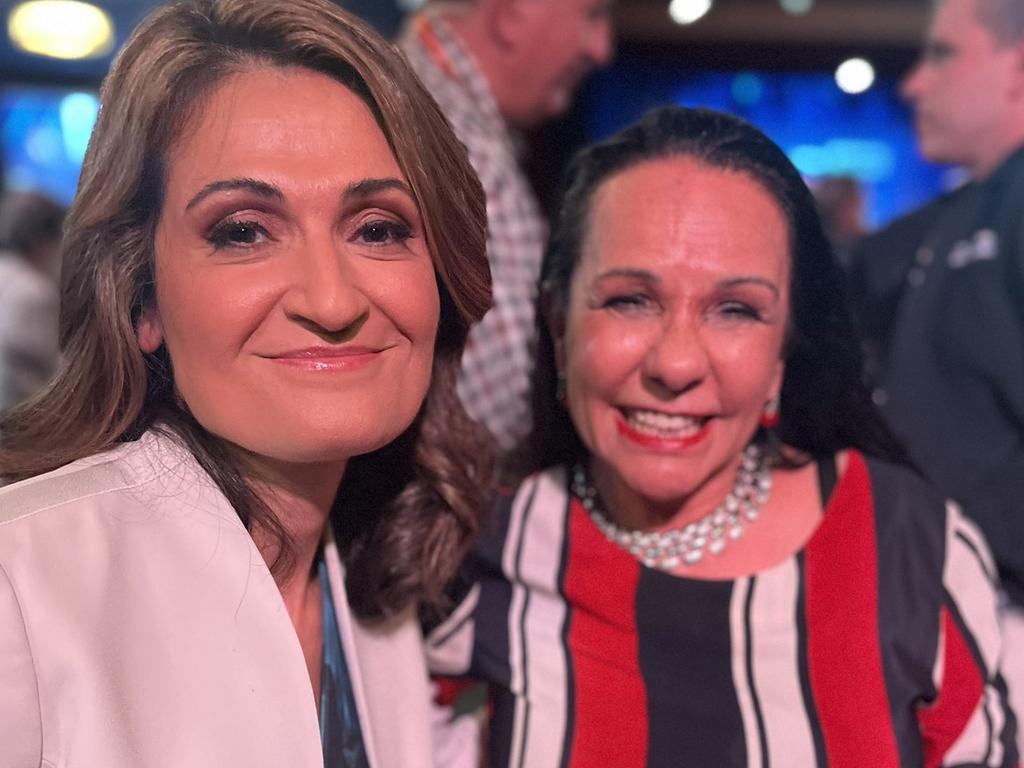


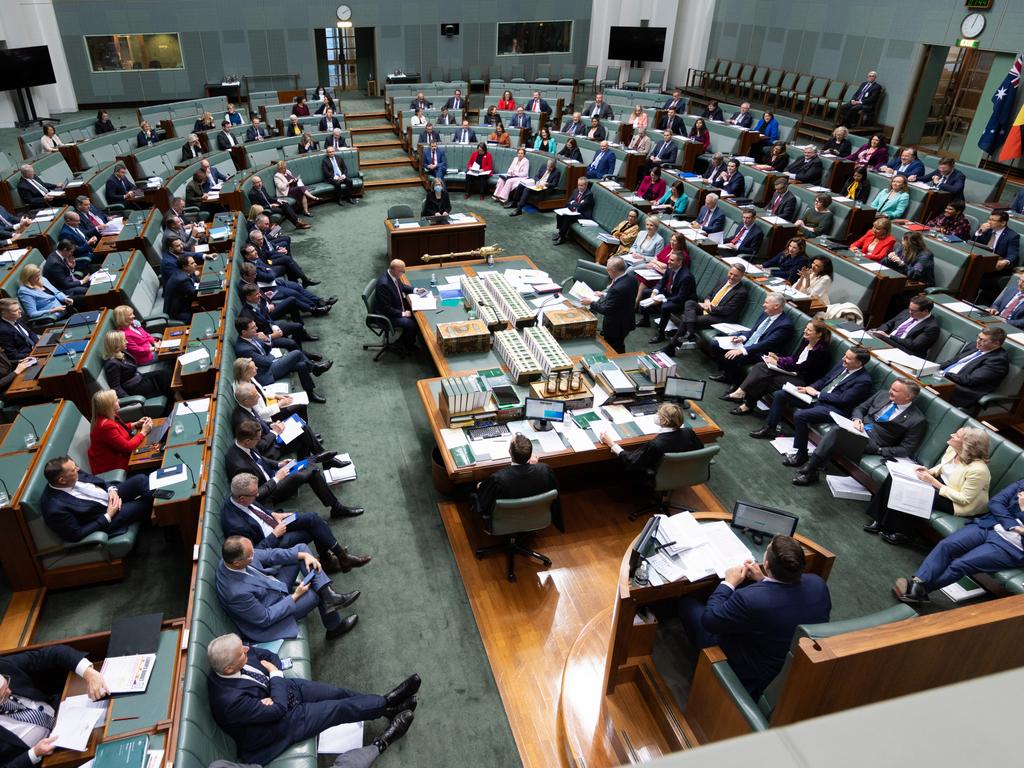
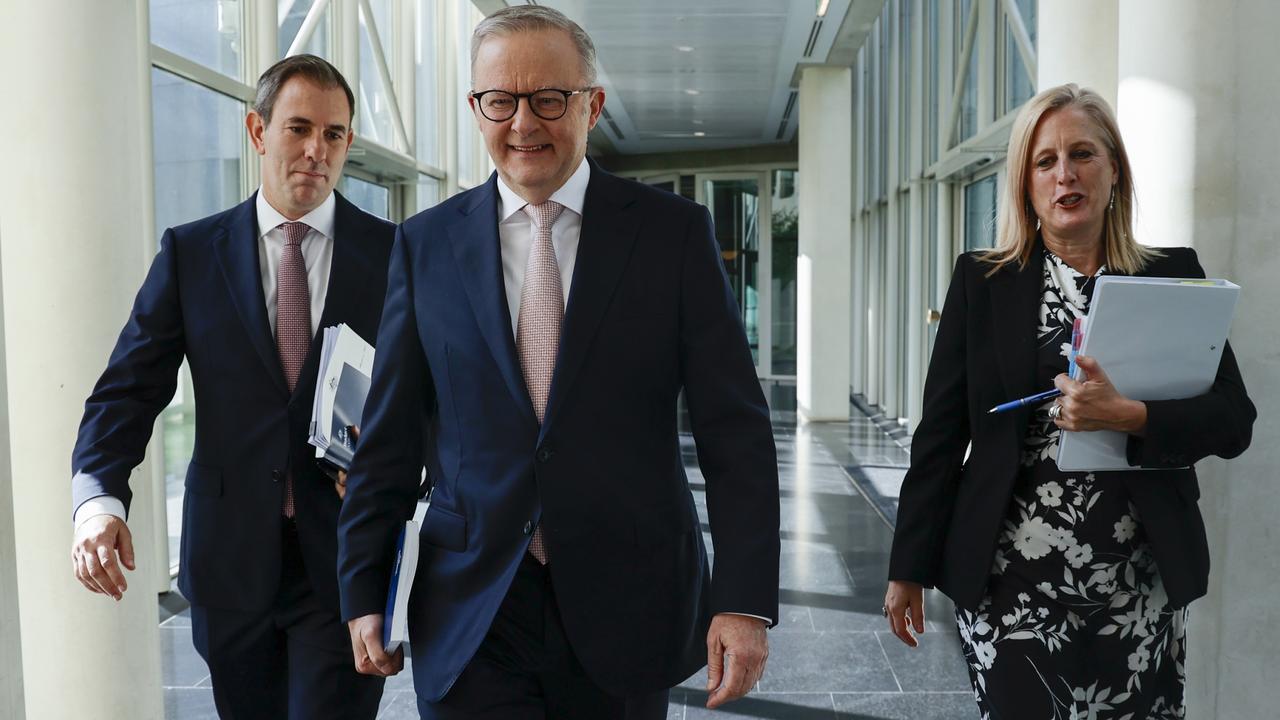
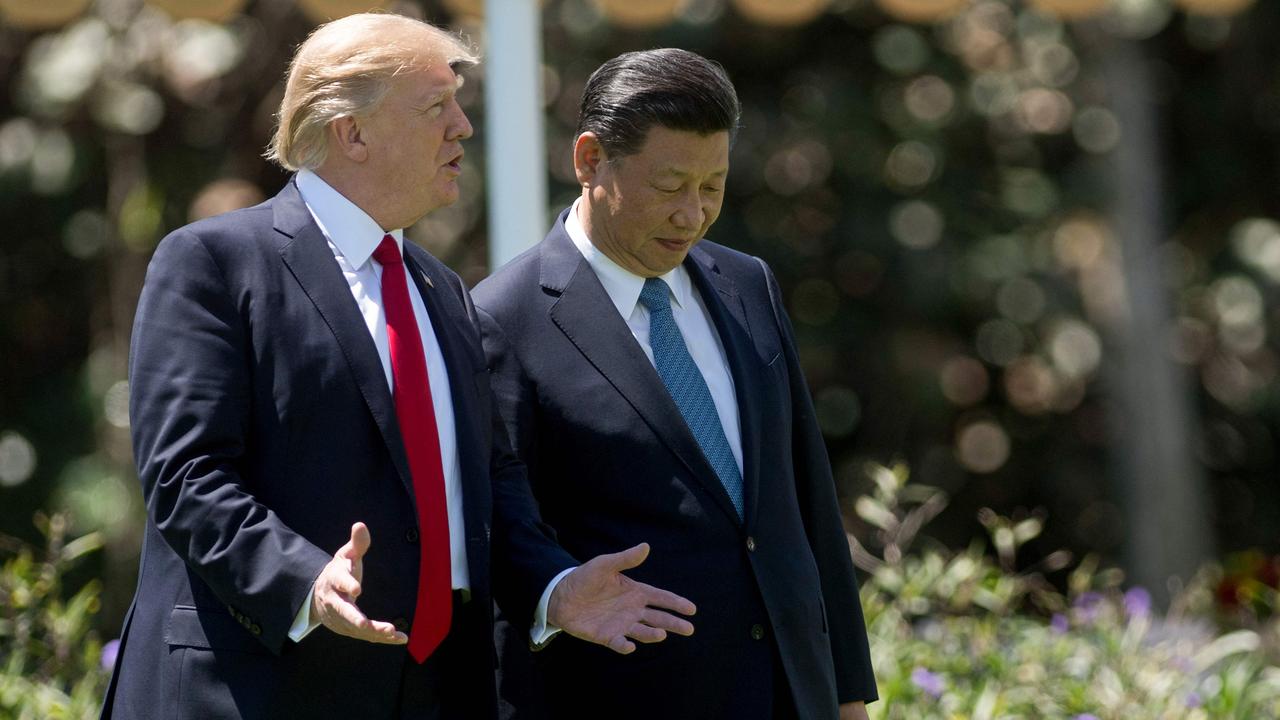
In the US there is increasing debate about the emergence of two standards of justice: a soft one for left-of-centre liberals (in the North American sense of the term) who vote for the Democrats and a harsh one for right-of-centre conservatives who vote Republican.